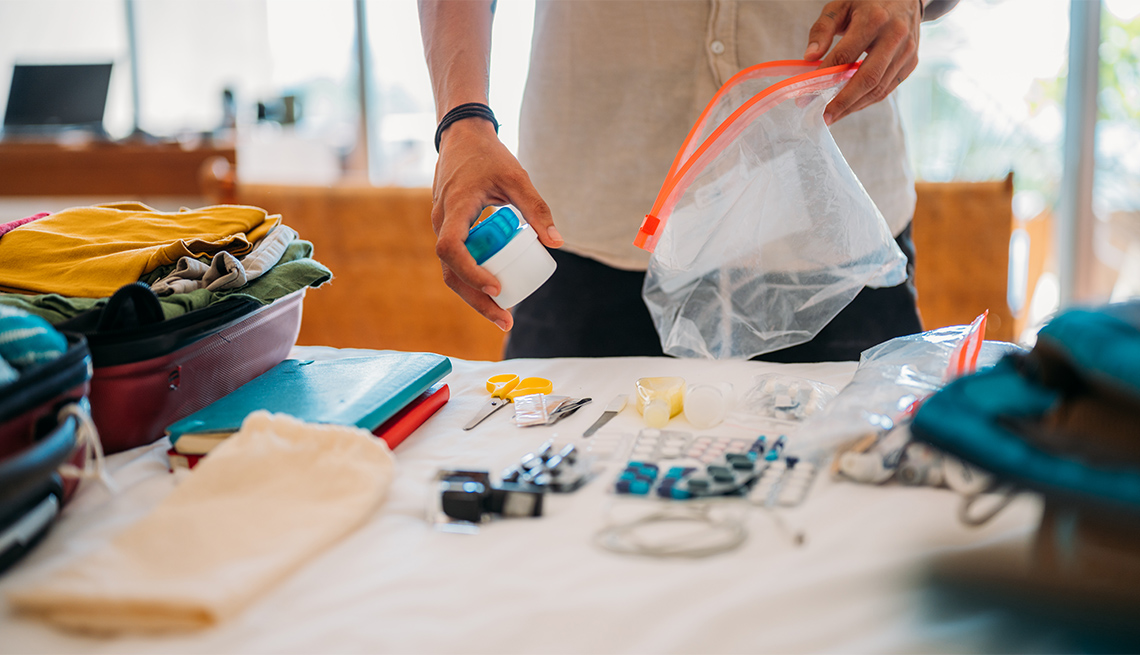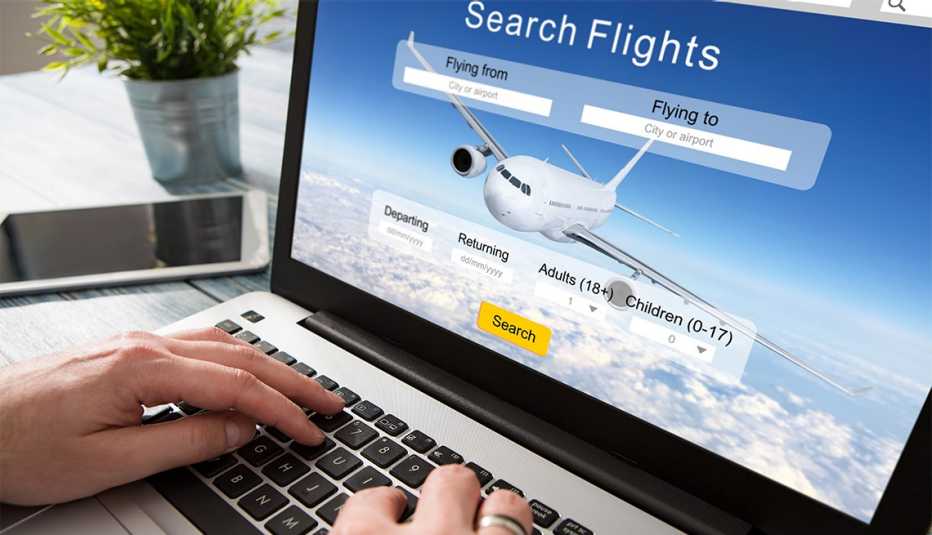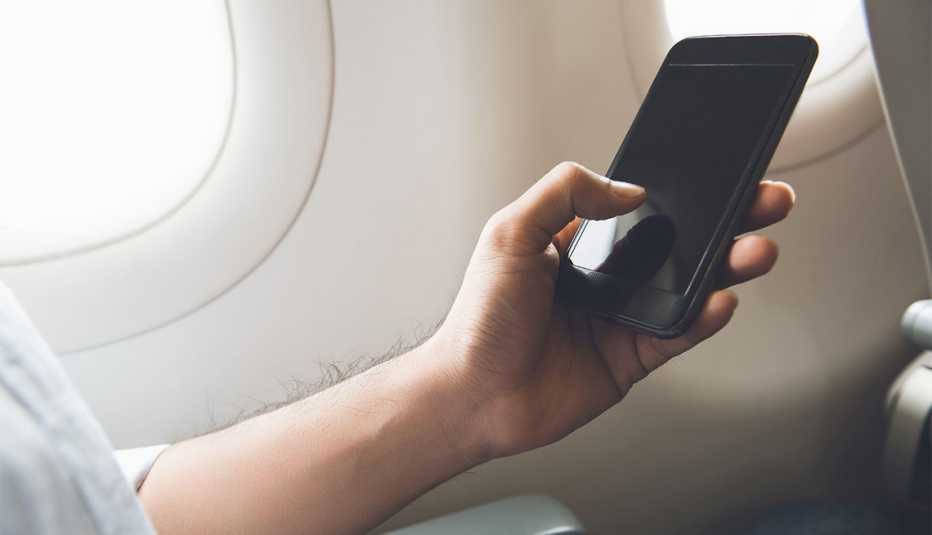AARP Hearing Center
Everyone knows that medication should always travel with you. Even when airlines are running smoothly and flights take off and land as expected, there’s always a chance that checked luggage can be delayed or disappear so important items like medication should be packed in carry-on luggage.
But what happens when your carry-on luggage needs to be checked?
The recent increase in flight delays and cancellations has resulted in many passengers being shifted around and on to new flights. When overhead bins are full, passengers are typically required to check their carry-on bags. When a bag needs to be checked at the last minute during boarding, even the savviest traveler could easily forget to remove medication from their bag. This carry-on-turned checked luggage is now more vulnerable to becoming “mishandled,” meaning lost, delayed or damaged.
Prevention Tips
While nobody expects their luggage to be force-checked, delayed, damaged or lost, it’s always a possibility. However, there are a few things you can do to prevent it from happening and to minimize the damage if it does.
- Keep medication in a carry-on bag small enough to fit under a seat. This way, your purse, fanny pack, shoulder bag or small backpack (and the medication inside it) can stay with you on the flight even if the overhead bins are full.
- Before your flight, confirm that you have refills available on important medications. If you don’t, call your doctor to request refills before your trip.
- Bring a printed or digital copy of your medication list, health insurance card and contact information for your primary care provider and specialists. Having this information handy will make it easier to replace lost or delayed medication.
According to recent data from the U.S. Department of Transportation, airlines mishandled 235,200 bags in May 2022. The limited liability on lost, damaged or delayed baggage is $3,800. However, assistive devices, which include “medications and any medical devices needed to administer those medications, such as syringes or auto-injectors,” are not subject to these liability limits. (Each airline has its own baggage policies within the government’s rules, so passengers must check their carrier’s website for details.)
If your medication is missing, here’s what to do.
Step One
File a lost baggage claim with your airline. This should be done at the airport, as soon as you realize your luggage is missing. Save the claim ticket (and take a picture of it), as you’ll need to provide the claim number to airline representatives if you follow up on the claim.
Step Two
Reach out to the pharmacy that filled your prescriptions to see if refills are available. If there are, you may be able to transfer prescriptions to local pharmacies, especially if you happen to have filled the prescription at a chain pharmacy like Walgreens because all Walgreens pharmacies share the same system.
Step Three
If no refills are available, call your prescribing doctor. While the pharmacy will also be doing this, a phone call from you may help move things along more quickly. If the doctor cannot be reached, talk to the pharmacist. The pharmacy may be able to issue an emergency supply, depending on the prescription. Some medications cannot be issued without a new prescription and when this happens, the pharmacy will typically refer the patient to a local urgent care facility, which has the ability to write new prescriptions that could be filled locally.
Step Four
If the lost medication was recently refilled and cannot be refilled again for another 30, 60 or 90 days, you may have to call your health insurance company to ask them to authorize an early refill.



































































